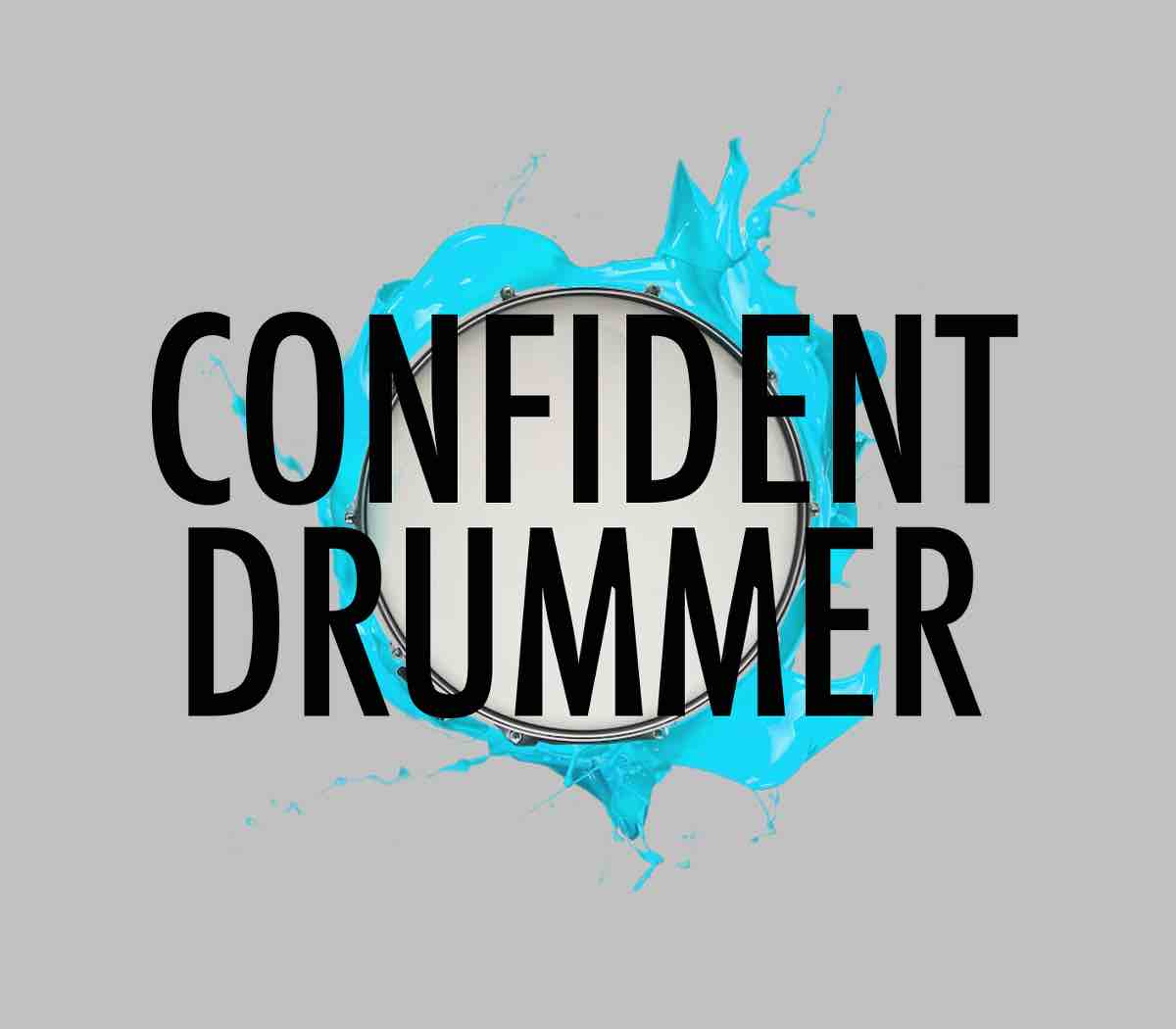What’s the main reason why it’s so effective to study with a teacher rather than being self taught? You’d be tempted to give the obvious answer: of course it’s because the teacher has knowledge that you don’t have and shows you the right way to do things.
While that’s definitely part of the equation, it’s a simplistic way of seeing the situation. A deeper and more important reason is rather overlooked: it’s because of accountability.
Very few people are able to self regulate and do what they know they should do and really want to do. As a general behavioural pattern most people set out to do a certain thing, plan it and even start doing it, but then they get distracted and somehow end up not following through.
However, have you ever noticed that people tend do be a lot more consistent, persistent and effective when it’s about completing a task for someone else, say a boss, a friend, a colleague or a partner? Why is that? It’s because of the way our psychology works: since we care about what others think of us (for evolutionary reasons related, as usual, to survival) we care a lot more about not disappointing others rather than not disappointing ourselves. The majority of people stick to doing hard things only if they know they are held accountable.
Since there is a direct relationship between accountability and effectiveness, accountability is very popular today in every business and organization, and is a crucial aspect of achieving any relevant goal.
As far as we drummers are concerned, we have all heard a million times that in order to improve we need to practice constantly (commitment) and use our time efficiently (focus). Well, it turns out that having a teacher and being held accountable, every week, automatically takes care of those two aspects, without any effort on our part other than knowing we have to show up to the lesson.
Now, with this premise in mind, we can consider other important aspects of studying with a teacher.
There are four main things a great educator gives us:
– Expertise: the thing that we normally look for when choosing our instructor, as mentioned above.
– Feedback: we cannot change anything we aren’t aware of. Honest and constructive feedback gives us precise indications about what needs to be done, thus letting us save tons of time and energy.
– A model: we learn by imitating others, instinctively. If our teacher is himself or herself a great drummer and an amazing person, and has a remarkable and satisfying career, we will naturally be inspired to achieve exceptional results, just by being in the same room with someone who has already walked that path. Also, a good teacher provides us with lots of useful suggestions about resources to go check out: cornerstone records, top drummers to study and plenty of stimulating content, which are all very powerful learning tools.
– Encouragement, inspiration: every long term project is inevitably full of setbacks, obstacles to overcome and frustrations. While we definitely want to be mature and independent, having external emotional support is extremely beneficial to stay focused on our goals when things get tough. Ideally a teacher is a mentor, a reference figure and even a friend that we know is there for us.

There are also three important elements that we should consider when looking for an instructor:
– What kind of teacher is right for us. It’s vital to take into account what we want, at what level we are, the kind of person we are, the way we function. There’s no one method or approach that is universally right and effective. Therefore there is no such thing as the best teacher. It all depends on what we want and value the most and who can help us maximize our potential in those areas. We may want to perfect our brush technique or enter the studio session world, boost our technical skills or invest in a comprehensive all around program, and so on. That of course determines who the most qualified teachers may be. Once we’ve got that clear, we can look for people that fit that profile. Who would trust an overweight doctor for nutrition advice? That’s why it’s important to do a research about the people we are considering as potential teachers. Go visit their websites, read their resumes, listen to their music, watch a bunch of videos, and then make an informed choice.
– Once we get in touch, it’s good to learn to read the person in front of us. We can definitely do it, intuitively. Gut feelings tell the truth. If we don’t feel comfortable, it’s probably a sign to move on to someone else. Of course it’s wise to spend some time with the teacher, book a first meeting so that while we discuss our goals we get to know him or her and we can draw our conclusions. If this is not possible, a phone call can do the job.
– Lastly, we want to find a person that has a modern approach to education. No more old style, Mr. Fletcher harsh teaching practices. That works in a world of unconscious people that react to oppression. Yes we could be motivated by someone criticizing us in a destructive way, but that’s negative motivation and it doesn’t bring happiness (unless we are in a movie). Hopefully most of us are beyond that stage today. We live in a time of reciprocal nourishment and support. People function a lot better when praised and encouraged. So if we notice a dogmatic and inflexible approach to teaching, that’s definitely a red flag. Since there is no universally right answer, the truth is that we have to find our own solutions and we can more easily do that with the help of teachers that are able to handle a variety of perspectives and to show us different approaches, ideally with also a talent for recognizing which ones are most likely to work with each student.
To further elaborate on this last point I’d like to add that the best way to study any subject is to cross reference many qualified sources, use critical thinking, test things, and blend different perspectives in something that works for us.
We first need to learn the basics and then master every technique so that we can eventually transcend it all and come up with our own version of any method and concept. This is crucial and that’s why I stress the importance of finding a teacher that has a wide knowledge of all the techniques available and is flexible in the way he or she teaches them.
So I don’t advocate becoming the clone of anyone, not even of the best drummers in the world. Instead, we can compare various approaches, and get a big picture idea of what we are studying. As I explain in my mission page, my objective is to provide a perspective, a point of view made of systems and techniques which I believe to be very effective, while at the same time I am aware they can never be the ultimate ones, to be exclusively embraced, which is why I always recommend learning from different sources.
At this point I think it’s pretty clear what to look for. We have many elements that can help us make a careful choice.
However these is one last important element to consider. Ultimately your true drum teacher is you. You spend 99% of your practicing time with yourself, teaching yourself how to do things that you have been shown and that you are now trying to internalize.
As usual, the highest degree of development and maturity is taking full responsibility for our results. Unlike many would like to believe, since it’s easier to dump responsibilities on others, no teacher can be responsible for whether or not we improve.
That always depends on how aware we are, how self monitoring, how focused, how motivated. Going back to what we said at the beginning about accountability, a teacher definitely makes a difference, but in the end we are still the ones that have to take effective action.
To wrap this up, consider a music school for extra excitement and motivation. A drum school has the added benefits of constructive comparison with other students, the power of sharing ideas with them, and the wealth of stimuli that only a community can offer.
For those of us who are teachers: we know how important it is to keep in mind the great responsibility we have in our hands. It’s essential to put the student first and work together towards reaching his or her goals, not showing how good we are and trying to prove that our methods work. Staying humble even though we are the ones in charge and staying open to getting to know the needs, desires and unique talents of the person in front of us, are good starting points to be the right teacher for that drummer.
Related resources:
‘Art & Musicianship’ – Altitude Drumming – Volume 10
‘Career & Business’ – Altitude Drumming – Volume 11
Top 10 Drum Pro Insights
How To Build An Effective Practice Routine – The Ultimate Guide To Practicing Drums


















